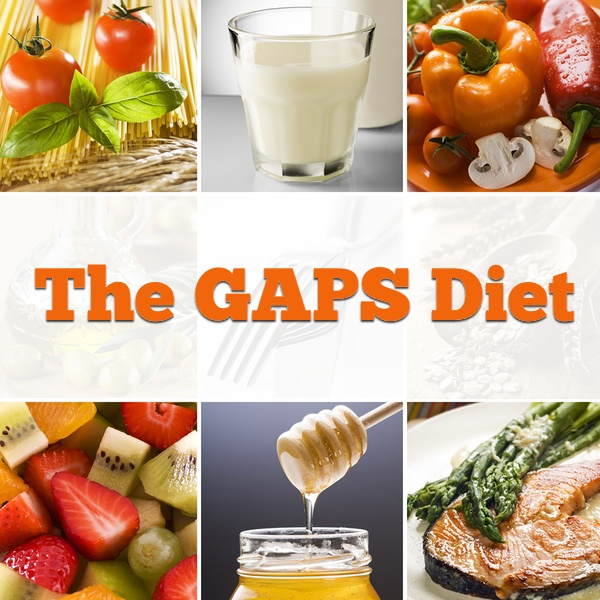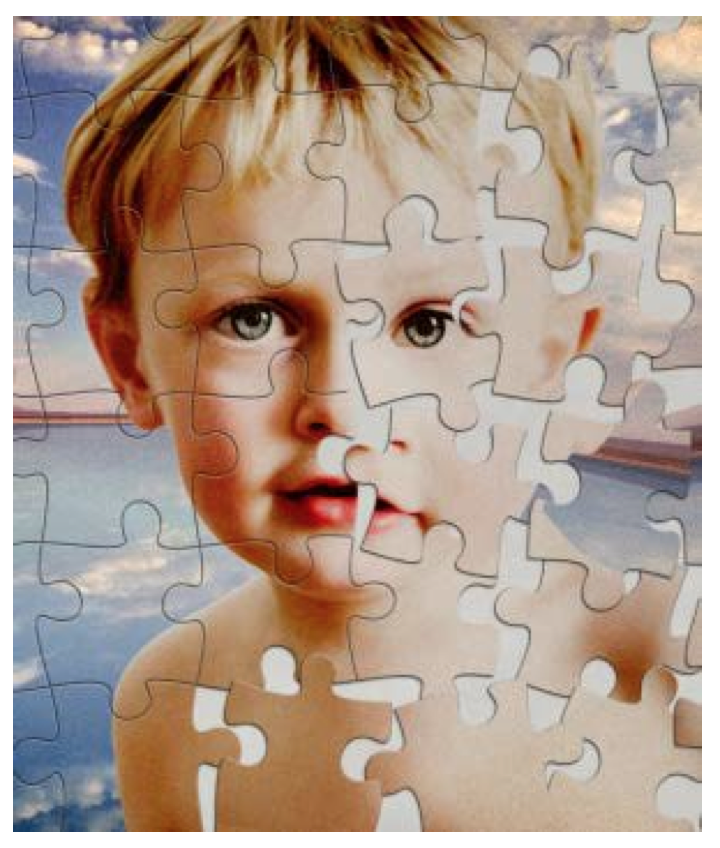Autism and the GAPS Diet
Autism and the GAPS Diet
The link between nutrition and autism remains controversial, but this has not stopped families from trying new diets. The GAPS (Gut and Psychology Syndrome) Diet is one of the popular choices. Many people with autism suffer from gastrointestinal problems, so diet adjustments can often help.
Understanding GAPS
Created by Dr. Natasha Campbell-McBride, GAPS focuses on fixing the gut flora to create a good balance of bacteria. She believes the digestive tract is the key to fighting disease and eliminating symptoms of health problems. Autism is one of the conditions she claims can be helped by the GAPS diet. Dr. Natasha Campbell-McBride is a controversial figure, and some scientists question her research, but this has not affected the popularity of GAPS.
The GAPS Introduction Diet
Families and individuals with autism who embark on the GAPS journey begin with the introduction diet which eliminates most food. Probiotics and filtered water are required, and the diet only allows broths, soups, ginger teas, stews and boiled meats along with boiled vegetables. Dr. Natasha Campbell-McBride claims the introduction diet helps heal the gut and prepares it for the full GAPS approach.
The Full GAPS Diet
After the introduction diet, the full GAPS plan is introduced. The number of allowed foods increases slowly, so you can begin to eat raw fruits, vegetables, nuts, juices, eggs and other items. However, the full GAPS diet still avoids processed foods, most grains and starches. Sugars are another forbidden item.
GAPS and Autism
Some people with autism have stated they felt better on the GAPS diet, but it is important to keep in mind this is not based on a scientific study. In addition, there are cases of no relief being documented from diet changes. If you are planning to try the GAPS diet, then keep in mind that researchers have not tested the claims.
Lana Bandoim is a freelance writer and editor. Her work has been published on websites ranging from Yahoo! News to Technorati.
Visited 14 times, 1 visit(s) today





I don’t think I could get my son to do this. Maybe if it is started from a young age it would be easier but he is 17 now (18 in 11 days) and kind of set in his ways.
every time i read about GAPS i am reminded that i REALLY need to try it. i get so scared about how limiting it might be, but fascinated by the possibilities